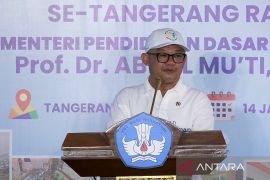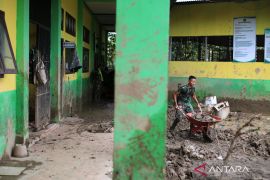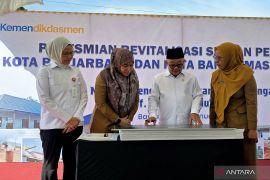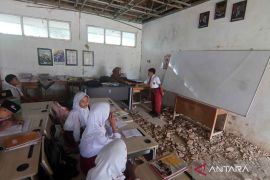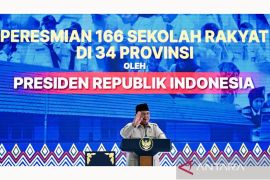"We have targeted some 60 percent of schools to conduct computer-based national exams," the minister said here, Thursday.
The ministry, he added, would optimize existing computer utilization to save funds.
"I have called on the local governments to increase computer utilization, so we will not need papers for the exams and can save funds," he noted, adding that local administrations should cooperate with universities in delivering the national exam.
With the introduction of a computer-based national exam, the government could map out education facilities across the country, including the availability of computers.
"Next year, our budget will be used mostly for the development of infrastructure," the minister stressed.
Currently, 12,058 schools and Islamic schools are ready to conduct computer-based national exams.
In addition to the National Exams, Indonesian schools will also present national school exams (USBN) covering a wider range of subjects based on a national standard.
Muhadjir has called on all parties to uphold honesty in these exams.
"It is our responsibility to minimize any negative impact on the National Exams. As we know, there were many deflections when these exams were being introduced. Thus, we have to conduct the exams with honesty," he added.
Muhadjir was previously against the National Exams on the grounds that it had reduced the value of education and encouraged students to cheat.
"Now, we are trying to minimize the negative impact," he said.
Earlier last week, President Joko Widodo rejected the ministers proposal to suspend the National Exams.
The exams will remain in place but with some improvements, including an increase in teachers competence. (*)
Editor: Heru Purwanto
Copyright © ANTARA 2016
